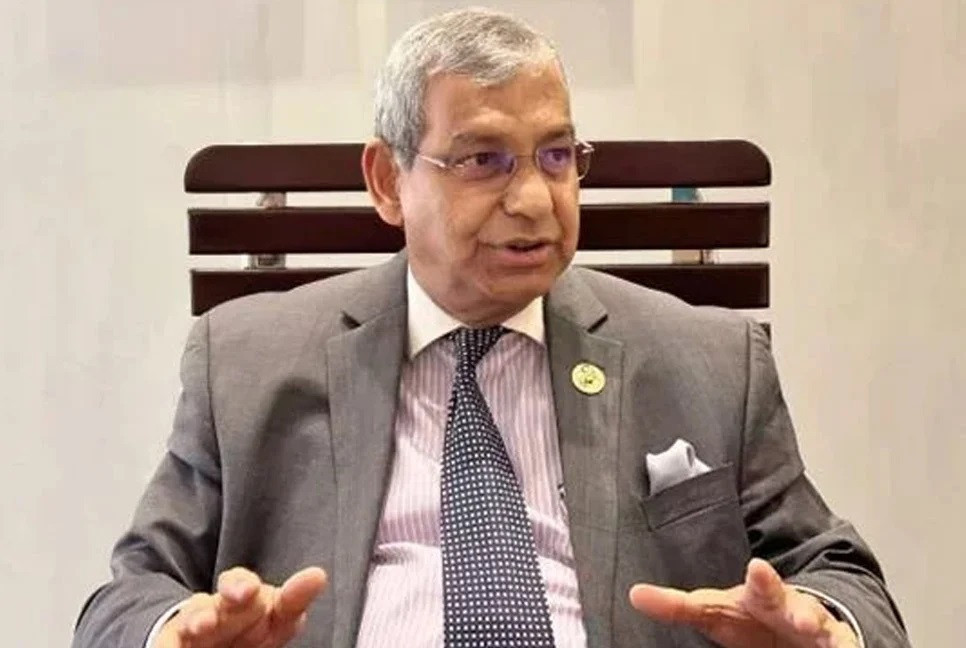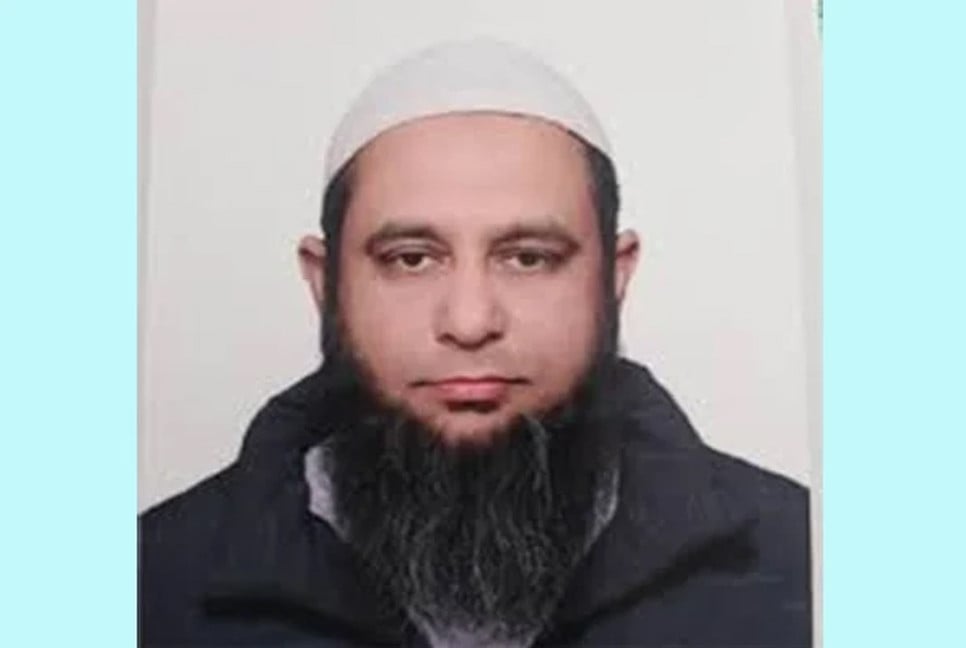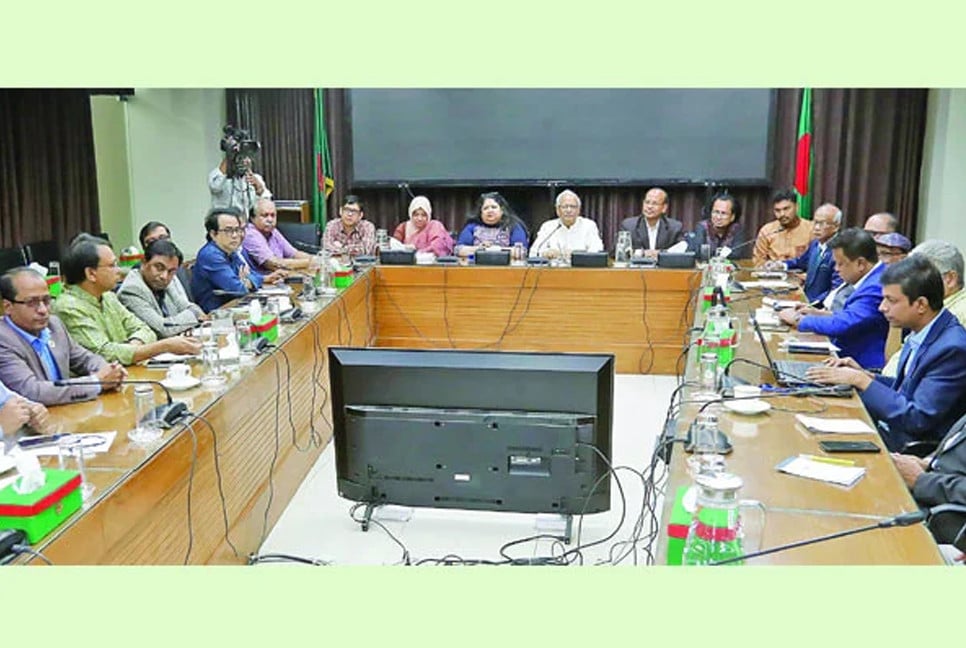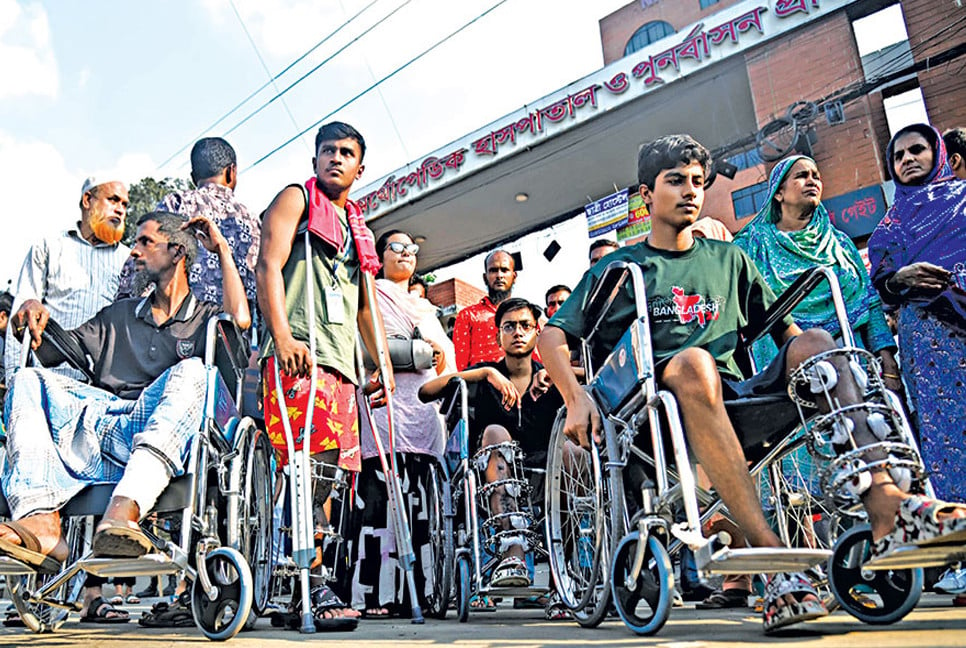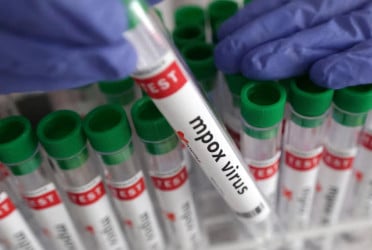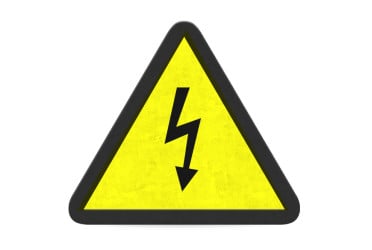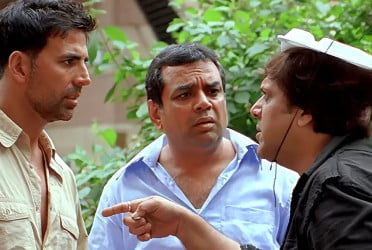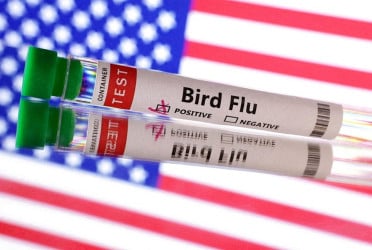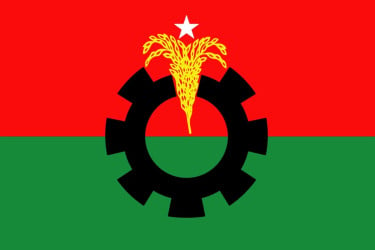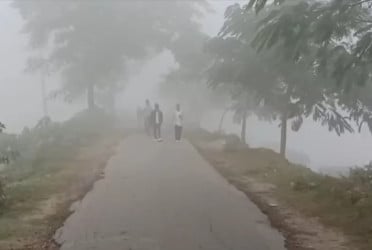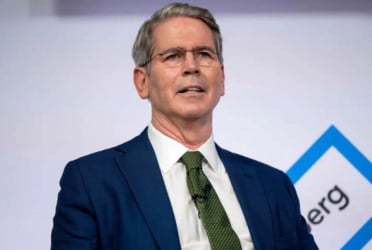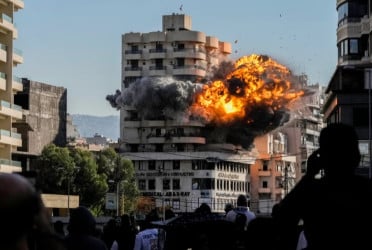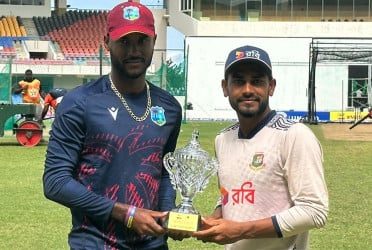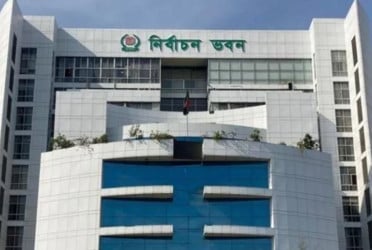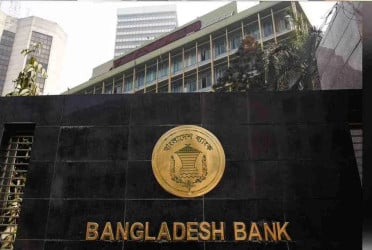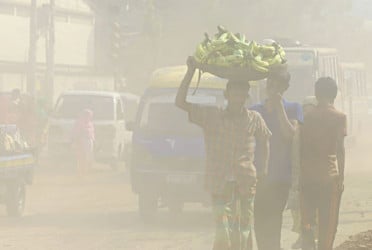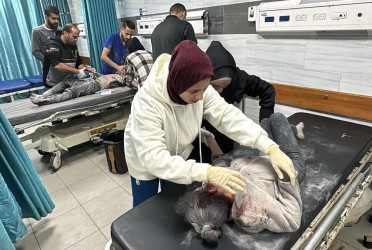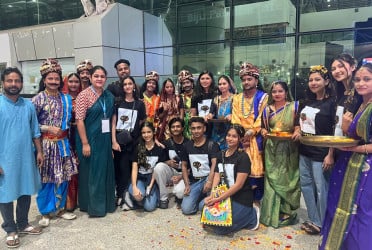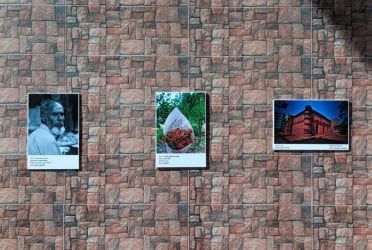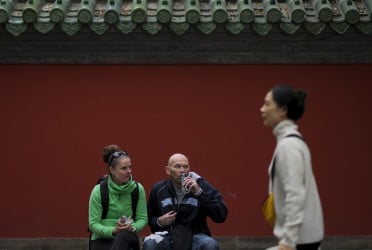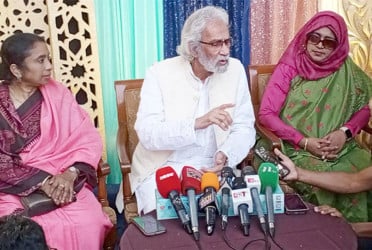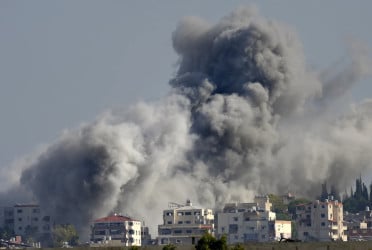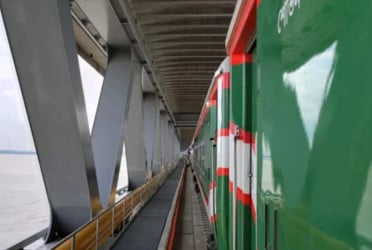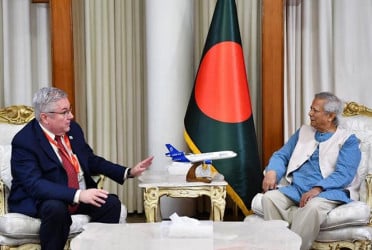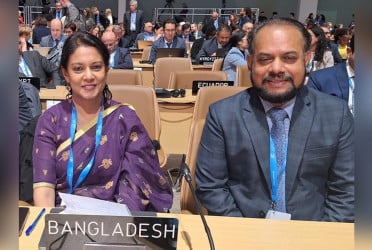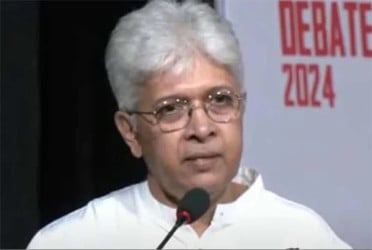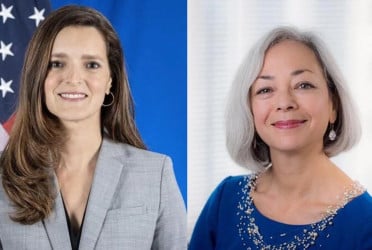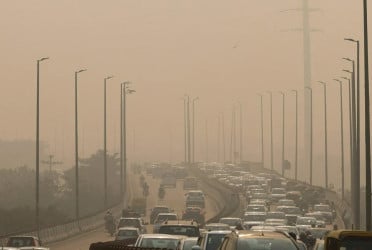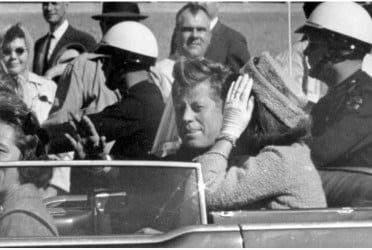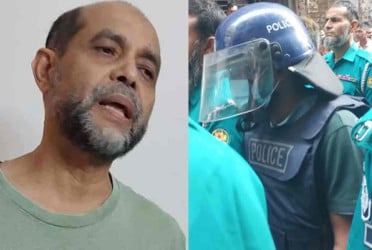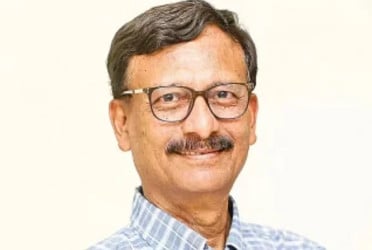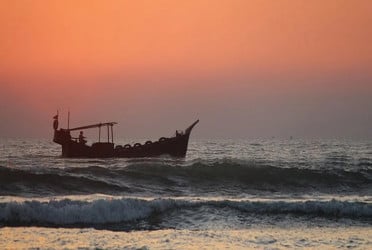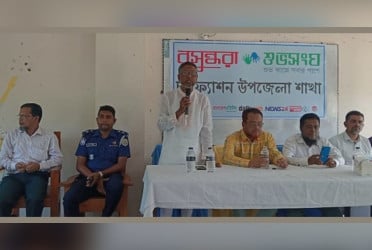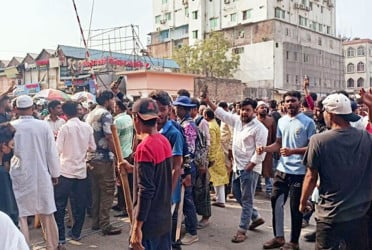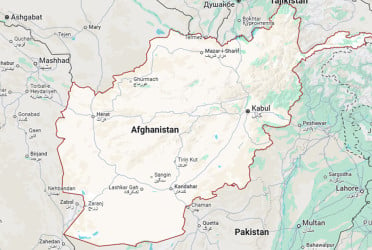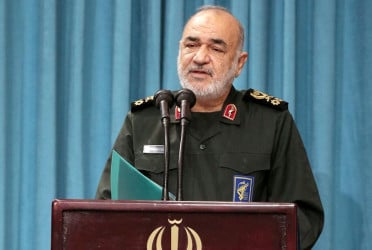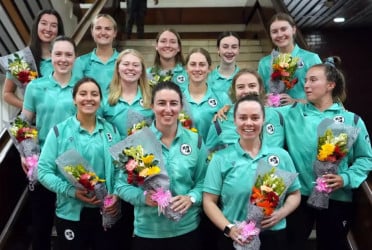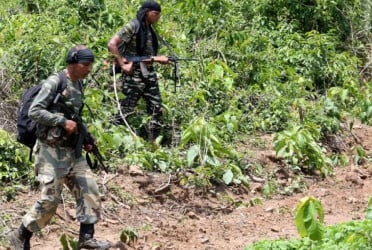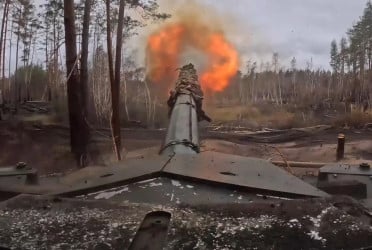Dhaka WASA had taken a sewage project costing Tk 3,712 crore with a view to purify the sanitary waste in Gulshan and Banani area of the capital. However, the project wasn’t completed as the pipelines to drain the sanitary waste weren’t constructed. Wasa made an expenditure of Tk 225 core despite it hadn’t recorded a single penny as revenue. The payment also made to the contractors even though the project works hadn’t been completed.
In the same way, the contractor got the payment of Tk 573 crore even though the project in Bhakurta of Savar wasn’t completed. The project worth Tk 3,800 corore to supply the water of Padma River to Dhaka was totally failed due to huge corruption incurred in purchasing pipes for the project. Taqsem A Khan, the then managing director (MD) of Dhaka Wasa, grabbed huge amount of money through these 3 mega projects costing Tk 8,085 crore. This man has become the ‘Icon’ in the list of the corrupt people in the country while he was the MD of the organization for seven terms. As he was close relative to ex-Prime Minister Sheikh Hasina, he has been out of the reach of law for many years.
Corruption in projects, rigging of tenders to give work to preferred contractors, making close incompetent people as project managers, making contractual appointments has widened the way for looting huge money under the umbrella of Taqsem.
In this regard, the executive director of Transparency International Bangladesh (TIB) Dr Iftekharuzzaman told The Bangladesh Pratidin, "Dhaka Wasa is an example of flourishing of authoritarian government. Unbridled corruption centered on one man's power, leaving the board powerless. The ministry should have ensured the accountability of Dhaka Wasa's activities. But they too could not show any honest courage. Taqsem A Khan has been kept as managing director for years maintaining uge irregularities. He has specific information, research reports on corruption. These corrupt criminals should be identified and brought under accountability.”
Regarding Taqsem A Khan's corruption and abuse of power, Rabiul Kaizer, the former supervising engineer of Dhaka Wasa, told The Bangladesh Pratidin, "Taqsem A Khan used to appoint people of his choice as project managers in mega projects. Wasa was running with the connivance of this syndicate. I would have been desperate to get fired if I had protested against these corruptions in Taqsem. Attempts have been made to send me into compulsory retirement. For the past 12 years, I have been visiting the courthouse protesting this injustice in Taqsem. The corrupt people like him should be identified and fired, exemplary punishment should be ensured.”
Sites were selected in Bhakurta, Tentuljhora in Savar and Taranagar Union in Keraniganj for the project 'Reducing Mirpur's dependence on underground water to meet the water demand of Greater Mirpur area including Dhaka. To prevent the water level of Dhaka from going down, these unions were chosen to install deep tube wells to draw underground water.
It was seen by visiting the Bhakurta area of Savar on the surface that the contractor has completed the work only by installing pipes instead of installing pumps with deep tube wells in the Tk 573 crore WASA project to supply water to Mirpur in the capital. 46 deep tubewells are supposed to be installed, but five of them have not been equipped to raise water. Apart from this, the contractor has collected the bill after just installing the tube well pipes. The 573 crore project has been completed step by step. The Anti-Corruption Commission (ACC) is investigating the allegations of corruption related to this project.
On July 7, 2019, the ACC sent a report to the Ministry of Local Government, Rural Development and Cooperatives after investigating the project. The report mentioned, "The project implementation period and project cost have been extended on various pretexts without completing the project within the specified time." In this case, along with the project manager, the related engineers and Wasa management authorities are involved in the implementation of the project. But despite all this, the ministry did not take any action against those involved in the irregularities. Dhaka Wasa undertakes a mega project costing Tk 3,800 crore to purify Padma water from Padma in Munshiganj and supply it to Dhaka. From the beginning, the then MD Taqsem A Khan interfered over this project. Low quality 'K9' pipe of low thickness is used without being tested in Buet. On October 9, 2014, the then project director Engineer MA Rashid Siddiqui wrote to the contractor not to supply the criticized K9 pipe. Taqsem removed the project manager for writing to the contractor against him. He diverted a huge amount of money from the project due to irregularities. After the completion of the Padma water treatment plant project, within five minutes of the trial run, the weak pipe burst with a loud noise and water rushed at the speed of the fountain, even cracks were seen in the building. Dhaka Wasa undertook the Dasherkandi Sewage Treatment Plant project in 2015 to prevent river pollution around the capital after much fanfare. The objective of this project was said to be to purify the sewage from the capital's Gulshan, Banani, Baridhara, DOHS, Aftabnagar, Badda, Niketan, Tejgaon, Farmgate and Hatirjheel and its surrounding areas into the Balu River. The project was supposed to be completed in December 2019 at a cost of Tk 3,317 crore. Due to non-expiration, the period was extended to June 2022. The cost has increased to 3, 712 crore. Although the treatment plant has been constructed, no sewage collection pipeline has been made. But even if the work is not completed, the full payment has been granted to the contractor. As a result, Wasa authorities are now only able to purify the water of a part of Hatirjheel. This purified water goes to Balu River and mixes with dirty water from other areas. For this reason, the company spends about Tk 225 crore annually. According to the Annual Purchase Plan of Dasherkandi Sewage Treatment Plant Project, Tk 224 crore 79 lakh taka has been allocated for its management in the financial year 2022-23. As such, the cost per day is 61 and a half lakh taka. Out of this, 82 crore 77 lakh was spent on buying chemicals, 25 crore 75 lakh on electricity bill and 23 crore 33 lakh on diesel and lubricants. Irregularities are rampant throughout the project were clearly visible. Even if there was not a single Tk of revenue, every year the project had to pay a huge subsidy as operating expenses.
(Translated by Lutful Hoque)

